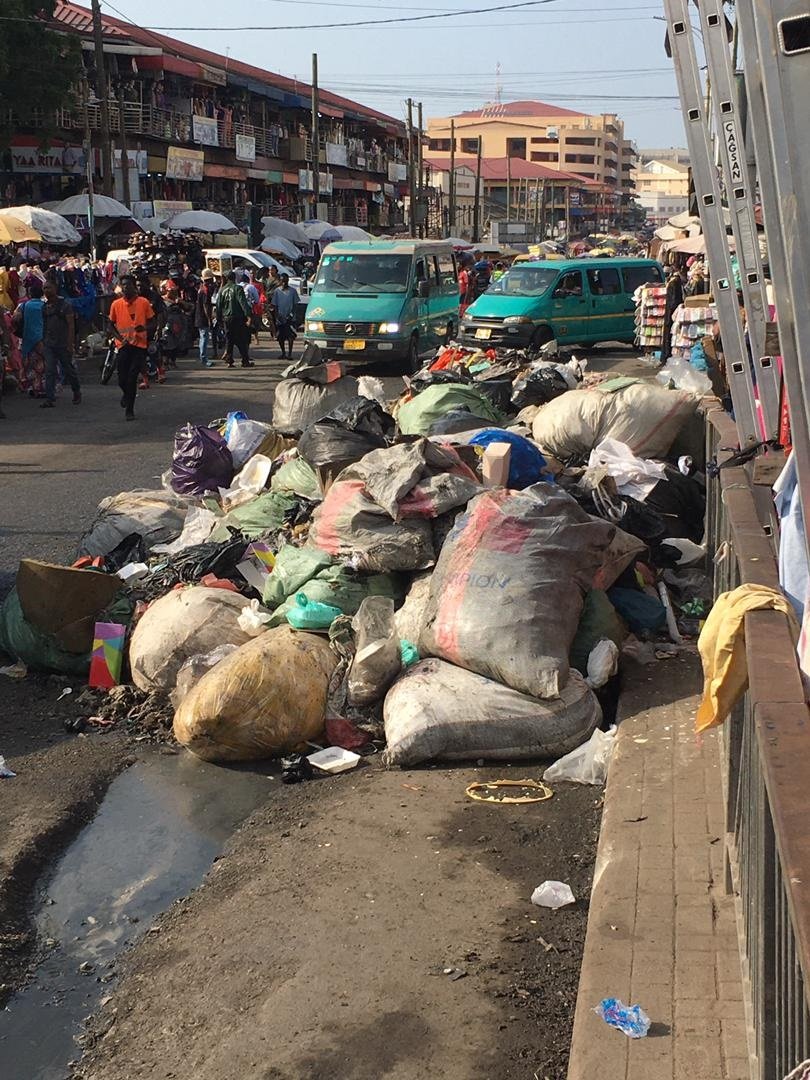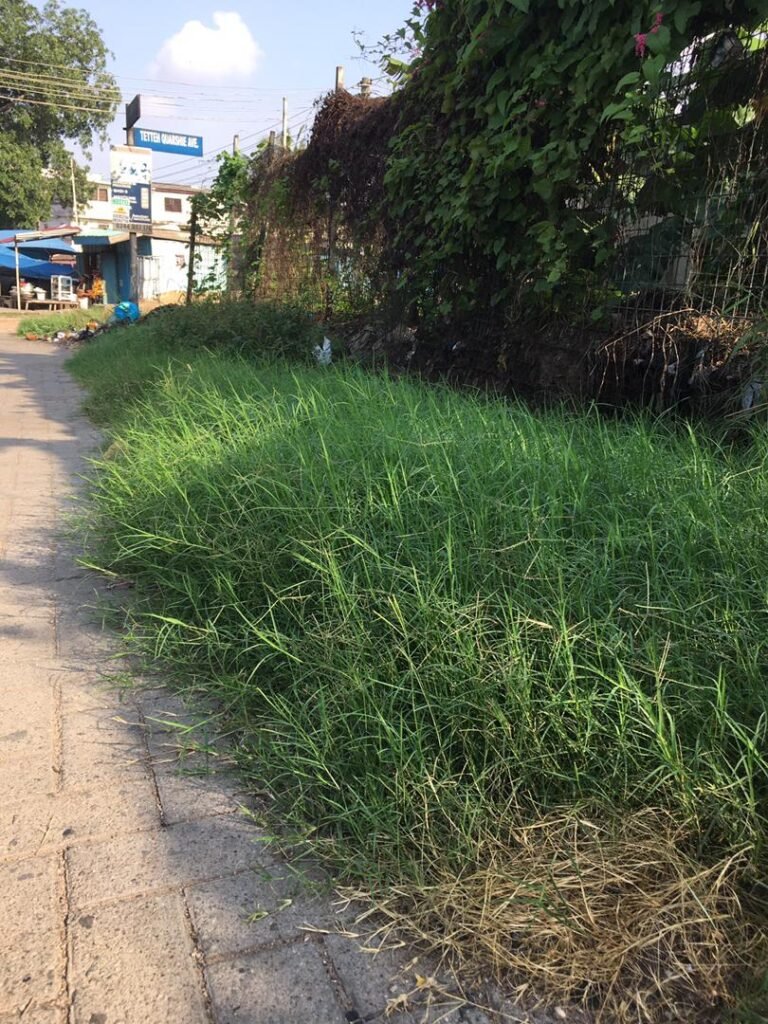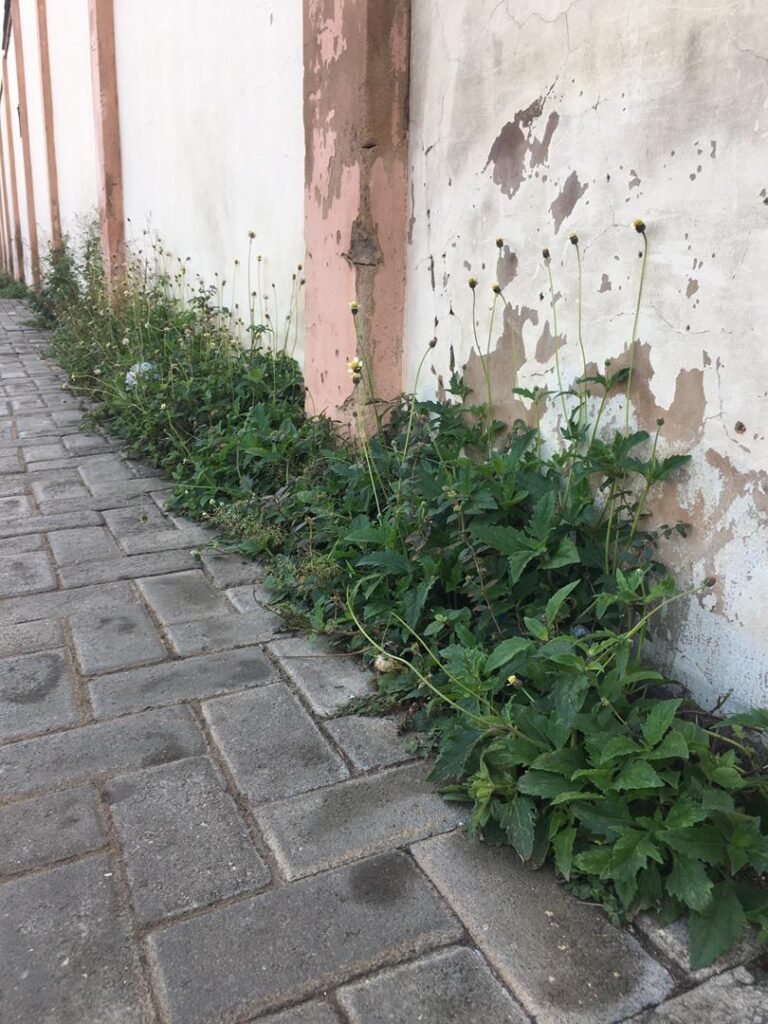Editorial
Make the workplace safe and healthy
Many people are of the view that good health implies the absence of diseases and the availability of healthcare facilities that help us treat sicknesses and diseases that we may suffer from time to time.
People may not be sick or suffer from diseases but may still be found to be unhealthy due to the circumstances in which they may find themselves at the workplace. Unfavourable workplace creates implications far beyond the emotional well-being of employees.
A crucial aspect of fair treatment in the workplace involves having a genuine concern for your employees’ mental and physical health. Therefore, we should ensure that every employee has a safe workspace and a healthy work-life balance.
Maintaining a healthy work-life balance or harmony is not only important for health and relationships, but it can also improve employees’ productivity, and ultimately performance.
It is for this reason that management and staff are often advised or encouraged to create a conducive atmosphere for effective work. Inconducive atmosphere may threaten the health of people at their workplaces.
When this happens, the workers may not find themselves in a good mood to increase productivity. Such a situation ought to be avoided to make workers happy and productive.
For example, employees who have disability may likely need certain accommodations offered them in order for them to perform their duties well. Poor workplace conditions can lead to unmotivated employees, poor productivity, and an increased risk of accidents.
Depending on how bad the conditions are, an employer may also be in violation of labour regulations, which could cause substantial legal issues.
The situation where some unfriendly managers and chief executives shout at their subordinates does not augur well for sound workplace ethics. Every worker deserves special respect from management so as to ensure encouragement and recognition.
Even in a situation where workers are wrong, senior management will have to show motherly and fatherly love in taking corrective measures to avoid a recurrence.
No one should constitute himself into a terrible dictator whose only purpose at the workplace is to shout at workers, as well as victimise and punish them unfairly.
The most important resource or asset at the workplace is the group of people who work there. Without such people, not much can be achieved, which explains why the staff in any organisation must be treated with respect.
Victimisation, favouritism, discrimination, and dictatorial tendencies cannot result in good works or productivity. Fair treatment rather can have a greater impact on employee turnover than you may imagine.
In light of all this, let us show respect to one another at the workplace, irrespective of our status or position, so that together we can join forces to increase productivity and thereby move the country forward.
If we all pursue this idea, we will end up making everyone happy at the workplace.
Editorial
Urgent call to address sanitation, environmental neglect at Legon City Campus, Makola-Tudu Junction

Dear Editor
Ghana is grappling with mounting sanitation and environmental neglect and as a concerned citizen and advocate for a cleaner, safer and more presentable academic environment, I feel compelled to highlight disturbing issues I encountered during a recent visit to the enclave of Workers College, currently operating as Legon City Campus of the University of Ghana as well as Accra Central, specifically the stretch from Makola towards Tudu, just after the Ghana National Fire Service office.

At the Legon City Campus, formerly known as Workers College, widespread overgrowth of weeds along campus walls and walkways poses both safety and structural risks.
The unchecked vegetation is encroaching on pedestrian pathways and threatening the stability of surrounding walls.
Behind the campus, near the road to Adabraka and Liberia Road, garbage and overgrown weeds have turned the area into an eyesore, undermining the prestige of one of Ghana’s premier universities.
The environmental degradation reflects poorly on the institution’s leadership and jeopardizes student and community health.
I would like to urge the University of Ghana Estate Department to act immediately, clearing the weeds, reinforcing structural elements, cleaning the garbage-strewn areas, and establishing a consistent maintenance schedule.
This will ensure safety, institutional pride and civic responsibility.
In Accra Central, a similar crisis is festering. A growing heap of refuse near the Makola-Tudu Junction, just past the Ghana National Fire Service office has overwhelmed pedestrian walkways and spilled into vehicular lanes.
This not only causes human and traffic congestion but also creates a hazardous public health situation in one of the city’s busiest commercial zones.
As a tour guide and advocate for Ghana’s tourism industry, this development has damaging impact on the country’s image.
Tourists encountering filth in the capital’s core are left with a negative impression, counteracting national efforts to boost tourism.
I therefore call on the Accra Metropolitan Assembly (AMA), Osu Klottey Municipal Assembly, and sanitation agencies to enforce waste management laws, improve public hygiene infrastructure and revive the National Sanitation Day initiative to foster civic responsibility.
It is time for authorities at all levels to demonstrate leadership and restore dignity to these vital spaces. The status quo is no longer acceptable.
Frederick Nortey (Traveler, Tour Guide, Blogger, Writer)
Accra
Editorial
Renovate Efua Sutherland Children’s Park
The Efua Sutherland Children’s Park at West Ridge in the Greater Accra Region, now in ruins, needs renovations.
The once-vibrant recreational centre for children, families, students, and tourists is now in a state of neglect, according to our reporter who visited the place.
Efua Sutherland, a well-known playwright and children’s author, is honoured by the Park, an important recreational and cultural area. Her work with children made her a notable figure in Ghanaian literature and education.
The Park used to be well-known and a popular destination for schoolchildren, particularly during vacation, but today visitors are met with outdated machinery and dilapidated infrastructure.
A vital green space in the city, the park provides a calm setting for families and children to unwind, play, and take part in cultural events. It is relevant because it fosters community life, offers recreational opportunities, hosts cultural events, and connects people to their Ghanaian heritage.
Additionally, both locals and visitors may easily access it due to its central location. Nothing seems to have been done to update the space or give it a facelift.
During The Spectator’s tour of the facility it was observed that the 14.83-acre playground’s equipment has rusted and turned into death traps instead of serving the intended purpose of entertaining guests.
Children are put off by the condition of the equipment because they are afraid of getting hurt. Inquiries at the location also showed that few people visit to inquire about the place and that its current condition makes it unappealing for event planners to host special events there. This calls into question the country’s dedication to maintaining such iconic and public areas.
There is an urgent need to address the terrible situation.
In order to ensure that events are hosted in the park, The Spectator urges the Ministry of Gender, Women and Social Protection (MCWSP), which is in charge of overseeing the facility, to collaborate with investors and other stakeholders to give it a facelift.
We think that if the Park is renovated, it will draw more event planners and regain its reputation as a communal hub that promotes cultural pride and a sense of belonging.






